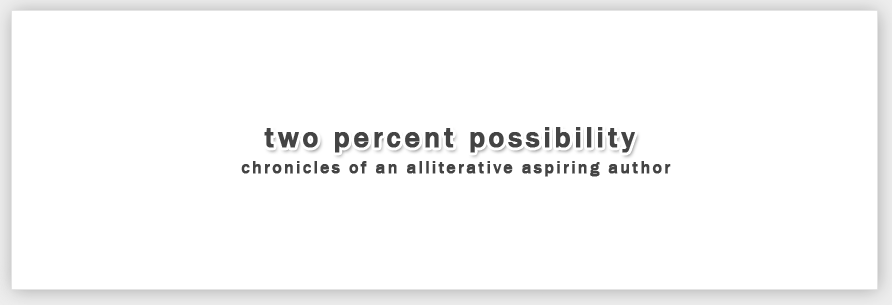I was talking to a fellow writer today about just that, though our subject was novels rather than musicals. In all stories, writers have to "lay the pipes". That's the fancy writing jargon for setting up the basic situation and characters in a way that the reader will understand. This makes sense if the character that narrates the story is actually telling it directly to the reader, i.e. Sherwood Smith's Crown Duel, where the heroine Mel is recording her memories for future generations to read. The very first line of the book is, "I hope any of my descendants reading this know exactly what the Covenant and the Code of War are, but there is always the chance that my story has been copied by the scribes and taken to another land that will consider Remalna distant and its customs strange." Obviously, exactly that has happened, since at least this particular reader had no idea what the Covenant or the Code of War were upon reading the prologue. It therefore makes sense for Smith to explain things in detail that might be common or well-known to the narrator herself; even though she knows who all of the characters are, she actually knows that her reader doesn't, and so she has a legitimate reason to lay it all out on the table.
Pipe-laying also generally works with "I fell down a rabbit hole and ended up in another, strange land" stories, because the character is discovering everything right along with the reader. Harry Potter lives under some stairs with an aunt, uncle and cousin who hate his eleven-year-old guts - that's really all the exposition you need to jump into the beginning of The Sorcerer's Stone. It's not until owls start throwing letters down the chimney that some sort of further explanation is required, but because Harry doesn't know anything himself, the reader has a chance to learn about it in a believable way. Hagrid tells him that he's a freakin' wizard; Ron tells him that Dumbledore is headmaster of Hogwarts. It makes sense for characters to spout random bits of knowledge like that, because Harry doesn't know them himself yet.
But the majority of the time, exposition is just silly. In a first person, stream-of-thought sort of book, there is no reason for the narrator to think expository thoughts. "I decided to go find Ted, my oldest brother." The narrator, whoever they are, already knows that Ted is their oldest brother. The only reason for that little sidenote to make an appearance is to acquaint the reader with a basic sense of who Ted is, and how he relates to the main character. The same thing goes for, "We decided to meet at the Spot, a hollow log where we had been meeting secretly since we were ten," and, "In two weeks we would leave for Florida, where Joe, my dad's best friend, lived." Yes, readers are used to that sort of thing. I'm not exactly complaining about it. But really, it doesn't make a whole lot of sense.
I just read Incarceron (a great synergy of fantasy and futuristic scfi that I highly recommend) and one thing I actually paused and noticed was the lack of exposition. The story literally throws you into the center of it with no explanation - you know that Finn is the main character, but that's kind of it. He doesn't go into any explanations about who he is, what he's doing, or why he's doing it. There's just a lot of action that leaves you guessing. And then when the other main character Claudia was narrating, she didn't go into detail about her life or the people in it right off the bat, either; the thing that really jarred me was that she thought about a character, Jared, and didn't offer a sidenote about who he was. For an entire chapter, I was left wondering about who this Jared guy was and how she knew him. Not because his identity was a big secret, or because the plot revolved around him; just because Claudia had no reason to qualify her own thoughts.
I can't help but wonder what it would be like to write an entire story without any awkward exposition at all. Would it be impossible? Would the story make any sense? Could readers infer enough, and put together pieces on their own?
Of course, this is somewhat of a moot point when it comes to Thistleswitch. As the third person omniscent narrator, I know all, including the fact that my readers don't know anything unless I deign to tell it to them. The Thistleswitch style hinges on the fact that readers don't know anything about the world, and the narrator has to explain it. (On a slightly related tangent, I hear the narrator as a slightly snobbish British man. Make of that what you will.) In fact, I just recently finished giving a rundown of all seven princesses of Afalanphra, which was about as much exposition at one time as I could handle. How did I deal with it? In proper Thistleswitch style, of course! I plopped this smack dab in the middle of it all:
Perhaps you are growing weary of what seems to be countless paragraphs of exposition on a seemingly endless number of princesses. If this is that case, I shall humbly remind you that nearly all great works of literature require a few explanatory clauses; point out that you are more than halfway finished; and call to your attention how much more tiring it must have been for a single parent to go about raising a seemingly endless number of princesses, rather than simply reading about them from the comfort of a living room couch, queen-sized bed, or wherever you happen to be at this particular moment in your life.

